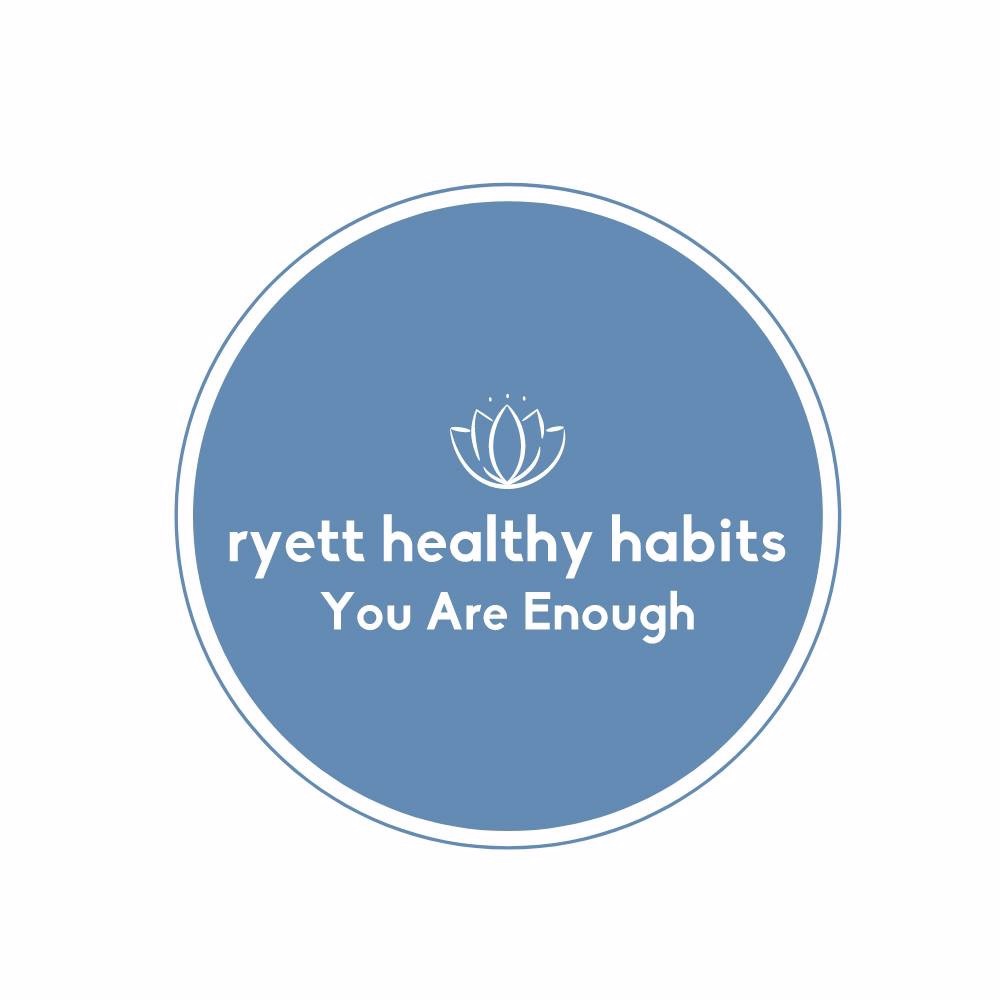PCOS, diet, health and wellbeing.
PCOS (Poly Cystic Ovarian Syndrome) is a hot topic lately and with up to 20% of Australian woman of reproductive age being affected by this condition, it’s no wonder. Its symptoms can cause significant distress to woman, yet up to 70% with PCOS still remain undiagnosed. Could this be you?
PCOS is characterised as an endocrine (hormonal) condition with disturbances of the luteinising, insulin and male hormones causing enlarged ovaries with small cysts on the outer edges. Symptoms of irregular or absence of the menstrual cycle, acne, weight gain, excess hair growth, anxiety and depression, skin pigmentation, sleep apnoea, poor gut health, weak joints and nails and infertility. With most traditional treatments only focusing on the symptoms and not the cause, you might think things look a little bleak for long term health and feeling good.
It’s not just all about hormones though. Many other factors play a part in this condition like the contraceptive pill, what and how we eat, your physical make up and stress. Other important factors that play a part are insulin resistance, synthetic oestrogens; these come from our environment, and food allergies. If gut health is compromised, the absorption of nutrients for healing, nourishment, hormone balance and neurotransmitter pathways (which send messages throughout our bodies) is also compromised.
But don’t worry; it’s not all bad. Diet and exercise is key. Incorporating a healthy eating plan, stress management, reduction of weight and including at least 30-40 minutes of exercise most days can start the healing process. This will have an impact on reducing your inflammation, insulin resistance and to balance hormones.
Does that sound a bit daunting though?? Don’t know where to start? You don’t have to go this alone. We can support and teach you the methods for your long-term solutions in treating PCOS. Our Clinical & Holistic Nutritionist can create an individually designed program for you. We’ll help with:
· Manage symptoms such as irregular cycles, excess hair growth and acne
· Improve insulin resistance
· Repairing of the gut
· Individualised Food and Nutrient plan
· Balance hormones
· Reducing anxiety, depression and stress
· Exercise and lifestyle adjustments
Take back control of your health. Let’s find the cause not just treat the symptoms.


